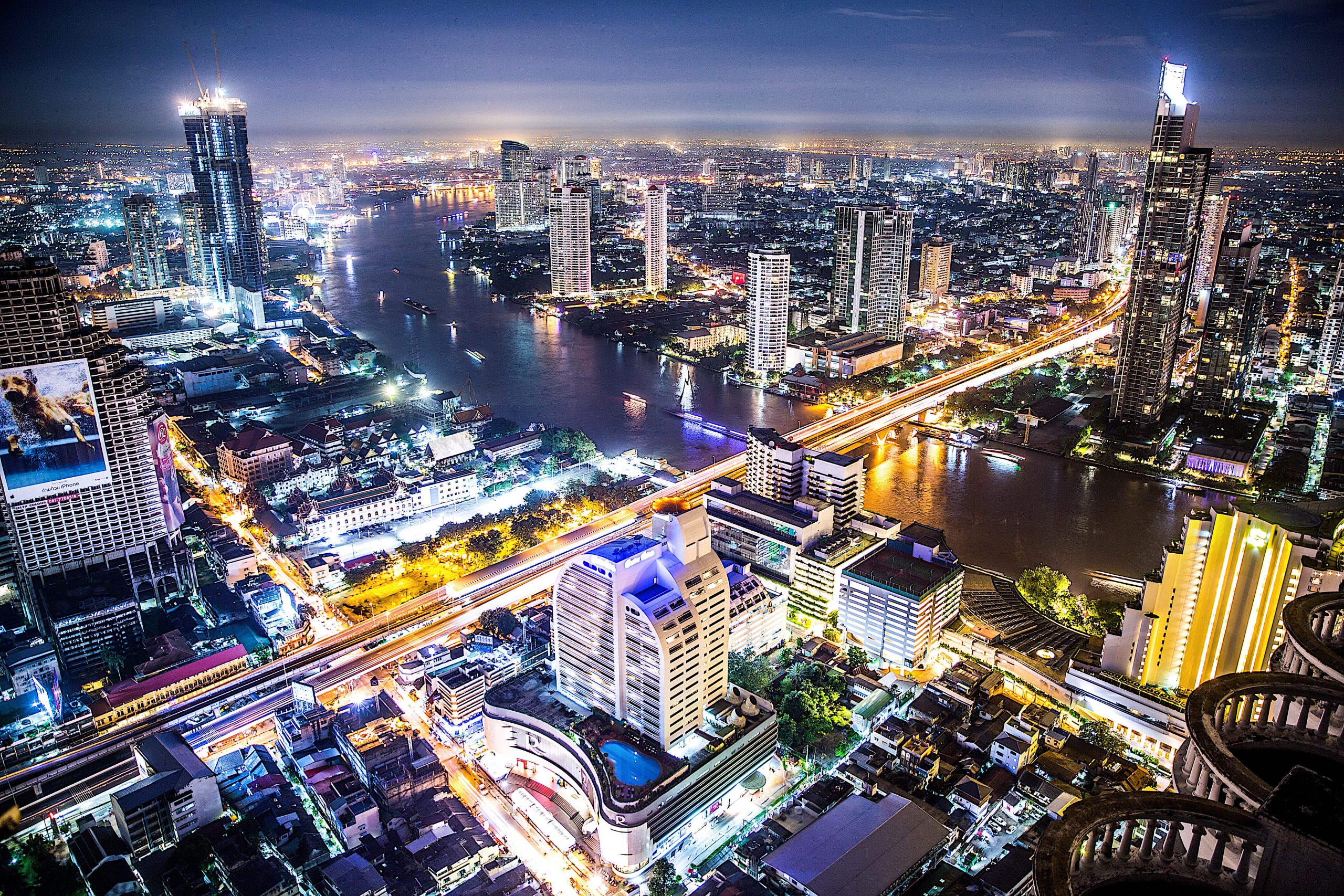Bringing together their resources and shared vision, the National Astronomical Research Institute of Thailand (Narit) and the Tourism Authority of Thailand (TAT) have embarked on an intriguing journey to foster ‘astronomical tourism’. The core idea is to establish Dark Sky Reserves – unique sites free from artificial light pollution, perfect silent witnesses to the most awe-inspiring celestial spectacles. From the hundreds of potential sites, this year a total of 18 sites have been sanctified as Dark Sky Reserves.
Part of their joint initiative, aptly titled ‘The Amazing Dark Sky in Thailand Season 2 Project’, is to introduce these chosen gem spots to star enthusiasts and nature lovers alike. The fusion of astronomy and tourism is undoubtedly a new driver providing a boost to Thailand’s visitor attractiveness, but it also carries a significant environmental message – raising the flag against the light pollution that muffles the beauty of our night skies.
‘The Amazing Dark Sky in Thailand’ project made its debut in 2020, rooting its core values in conservation of our natural heritage and promotion of responsible tourism. Dark Sky tourism draws attention to the need to preserve pristine, quiet and dark skies, much cherished by stargazers and astrophotographers. According to Saran Poshyachinda, Narit’s director, the organization has successfully carried out more than 150 astronomical events over the past three years, attracting an impressive following of over 100,000 stargazers.
This year, the selection committee had a tough task at hand: out of 26 proposed locations for designation as dark sky reserves, a mere 18 met the stringent criteria. This special roster spans five national parks and 13 private properties. The national parks include a widely diverse collection varying from Mae Wong National Park in Kamphaeng Phet to Namtok Pha Luang Forest Park in Ubon Ratchathani.
The highlight of these Dark Sky Reserves, however, is the mix of the 13 properties that blend natural beauty with personalized service. Khon Kaen Zoo or the Mela Garden Retreat Cottage Resort in Saraburi, for example, delight visitors with their unique take on the dark sky experience. Moreover, Chiang Mai, with seven properties including the elegant Villa De View Chiang Dao and the sublime Summit Green Valley Chiangmai Country Club, provides a variety of options for avid stargazers.
Homing in on this harmonious blend of environmental conservation and tourism, Thailand is lighting the path (ironically without lights) for a sustainable travel model. With these Dark Sky Reserves, the night sky’s awe-inspiring splendor is guaranteed to captivate visitors, while simultaneously sending a pertinent message about the importance of combating light pollution.


















Be First to Comment